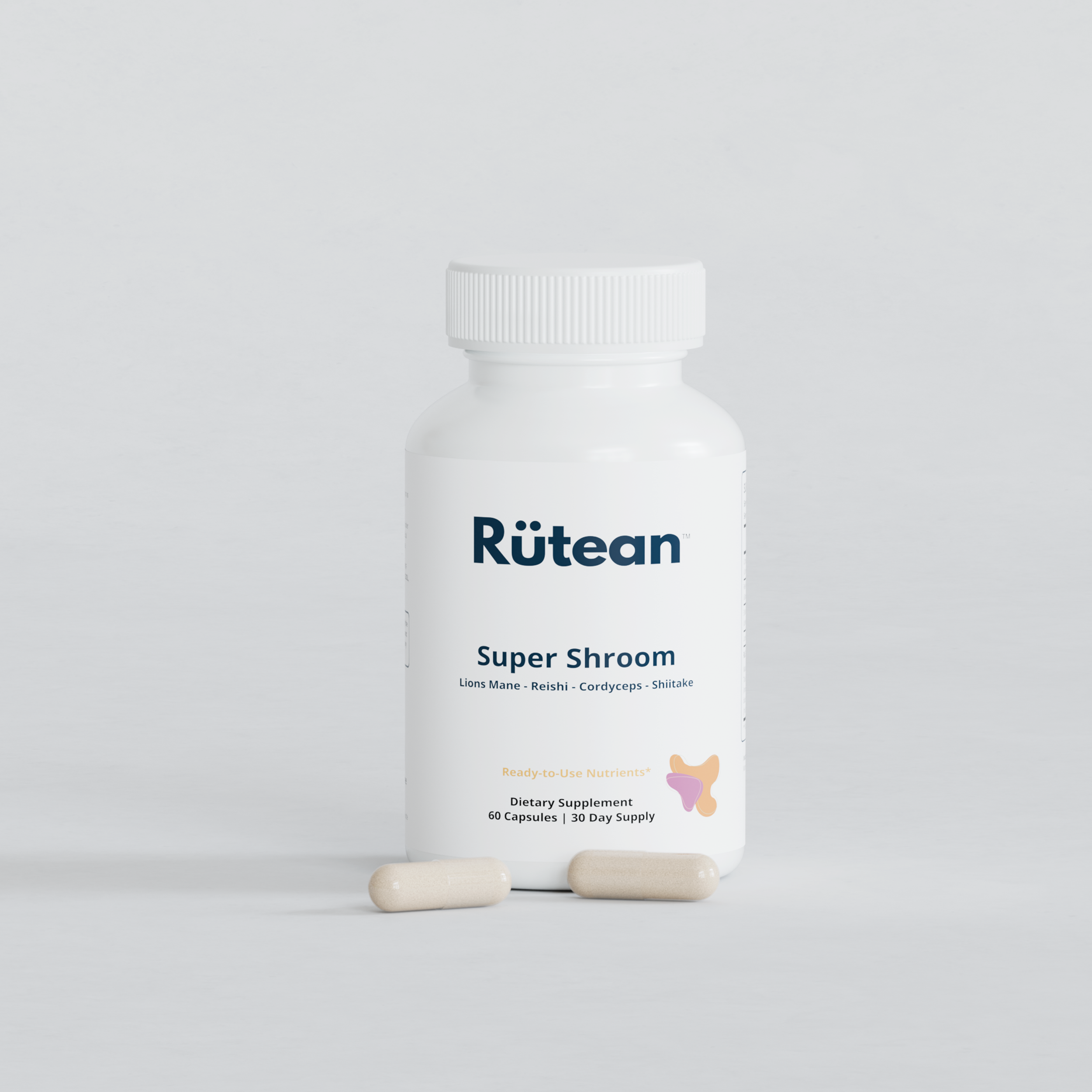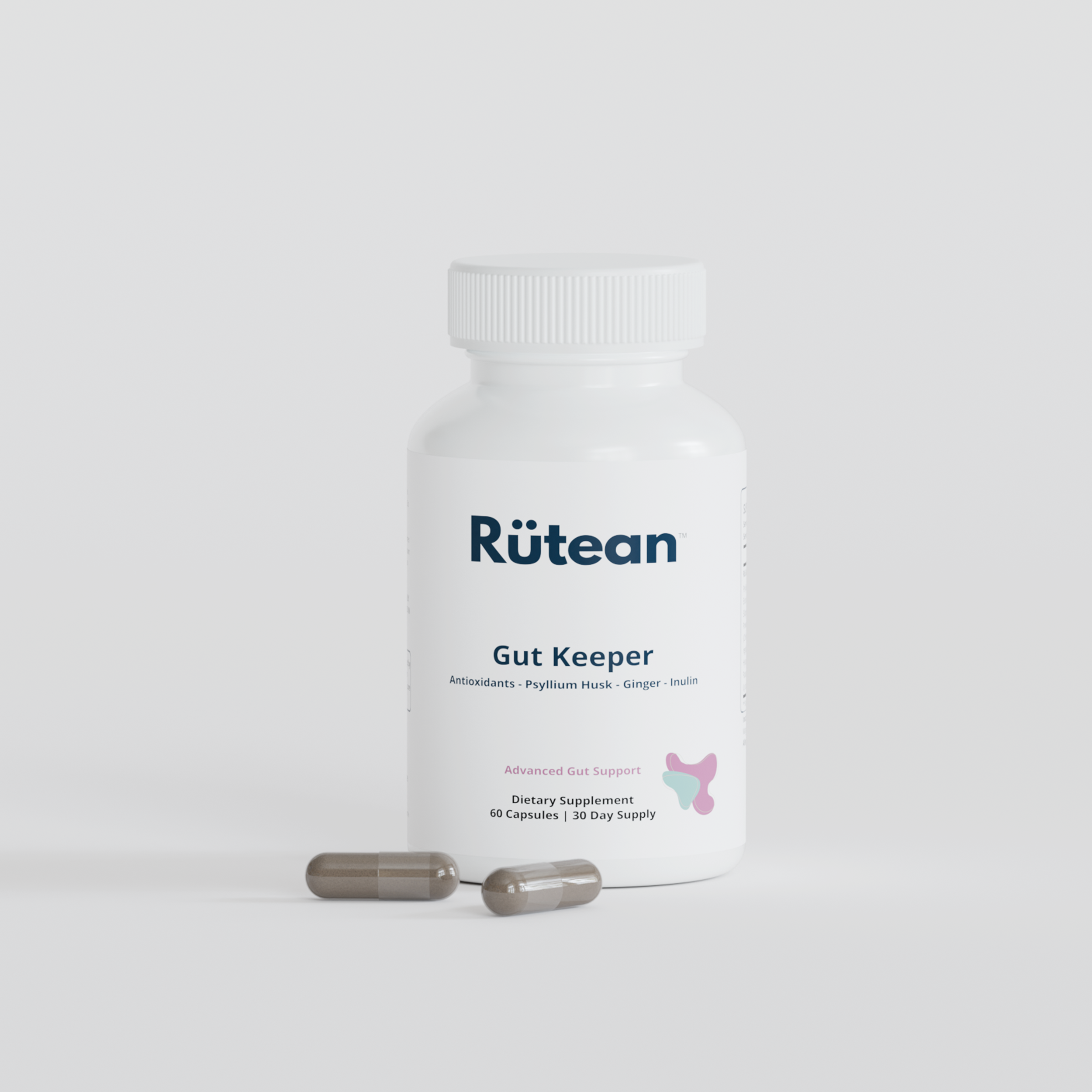Winter's unique challenges to our health—such as reduced exposure to sunlight, colder temperatures, dry indoor air, and a heightened susceptibility to seasonal illnesses like the common cold and influenza[1]*—are well-documented in scientific literature. Crafting a scientifically-backed wellness regimen can serve as your frontline defense against these seasonal shifts, empowering you to thrive during the winter months.
Embrace Seasonal Eating
Seasonal vegetables like squash and Brussels sprouts offer a wealth of essential nutrients and fiber[2]*. From hearty stews to roasted sides and comforting soups, there are myriad ways to incorporate these nutritional powerhouses into your winter diet.
Opt for Complex Carbohydrates
Whole grains and legumes not only provide sustained energy but are also known to enhance serotonin levels, which can help counteract seasonal affective disorder (SAD)[3]*.
Maintain an Active Lifestyle
Research has established that regular physical activity can uplift mood and boost overall well-being[4]*. Whether you prefer home workouts, yoga, indoor cycling, or winter sports like skiing and ice-skating, staying active is crucial.
Prioritize B Vitamins
Limited exposure to sunlight can affect your circadian rhythm and reduce energy levels. Supplements with B vitamins can assist in cellular energy production, thus helping maintain your active lifestyle[5]*.
Don’t Skimp on Hydration
Hydration is crucial for various physiological functions, even in colder weather when you might not feel as thirsty[6]*. Warm herbal teas, infused waters, or even hot broths can serve as excellent hydration sources.
Invest in Quality Skincare
The importance of quality skincare becomes even more pronounced in winter, where dry air can lead to skin issues. Vitamin E-rich moisturizers have been shown to be effective in treating dry skin[7]*.
Keep an Eye on Vitamin D Levels
Reduced sunlight not only affects mood but can also lead to Vitamin D deficiency, which can affect bone health and immune function[8]*.
Get your Omega-3 Fatty Acids
Seasonal Affective Disorder (SAD) is more common during the winter. Omega-3 fatty acids have been found to have some efficacy in treating depressive symptoms[9]*.
Prioritize Gut Health
A balanced gut can affect everything from digestion to immune function. Probiotics and high-fiber foods like psyllium can assist in maintaining gut health[10]*.
Boost your immune system
The cold months of winter introduce not only the warmth of holiday festivities and the comfort of knit sweaters but also a heightened risk of catching seasonal illnesses such as the flu and colds. While adhering to a well-rounded diet and consistent exercise is important, natural supplements offer an extra layer of immune support. Shroom Harmony features scientifically-supported mushrooms like Reishi and Maitake, which are known to enhance immunity by stimulating crucial immune cells, such as macrophages and natural killer cells[11]*.
In Conclusion
Winter wellness doesn’t have to be a daunting task. Armed with scientific evidence and this comprehensive guide, you can navigate through winter with both resilience and vitality.
References
1- Mead, M. N. Benefits of Sunlight: A Bright Spot for Human Health. Environmental Health Perspectives, 116(4), A160–A167, 2008
2- Slavin, J., & Lloyd, B. Health Benefits of Fruits and Vegetables. Advances in Nutrition, 3(4), 506–516, 2012
3- Jenkins, T. A., Nguyen, J. C., Polglaze, K. E., & Bertrand, P. P. Influence of tryptophan and serotonin on mood and cognition with a possible role of the gut-brain axis. Nutrients, 8(1), 56, 2016
4- Warburton, D. E., Nicol, C. W., & Bredin, S. S. Health benefits of physical activity: the evidence. CMAJ, 174(6), 801-809, 2006
5- Kennedy, D. O. B vitamins and the brain: Mechanisms, dose and efficacy—A review. Nutrients, 8(2), 68, 2016
6- Popkin, B. M., D'Anci, K. E., & Rosenberg, I. H. Water, hydration, and health. Nutrition Reviews, 68(8), 439–458, 2010
7- Lin, F. H., Lin, J. Y., Gupta, R. D and Al. Ferulic acid stabilizes a solution of vitamins C and E and doubles its photoprotection of skin. Journal of Investigative Dermatology, 125(4), 826-832, 2005
8- Holick, M. F. Vitamin D deficiency. New England Journal of Medicine, 357(3), 266-281, 2007
9- Grosso, G., Pajak, A., Marventano, S. and Al. (2014). Role of omega-3 fatty acids in the treatment of depressive disorders: a comprehensive meta-analysis of randomized clinical trials. PloS One, 9(5), e96905, 2014
10- Kobyliak, N., Conte, C., Cammarota and Al. Probiotics in prevention and treatment of obesity: a critical view. Nutrition & Metabolism, 13, 14, 2016
11- Wu, G., Li, X., Fan, J., & Li, X. Immunomodulatory effects of edible and medicinal mushrooms and their bioactive immunoregulatory products. Journal of Fungi, 5(3), 65, 2019



